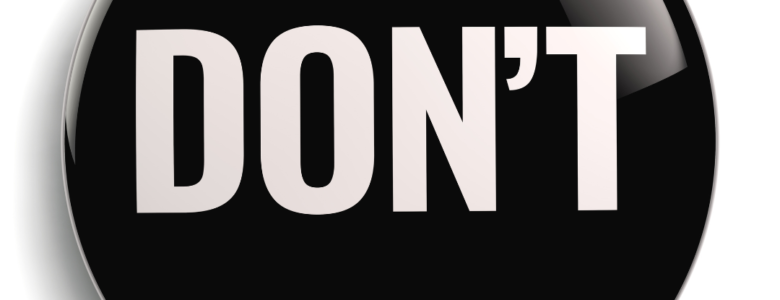A reverse mortgage, often touted as a financial lifeline, can seem appealing for those in retirement. It allows homeowners aged 62 and above to convert their home equity into cash, providing additional income during retirement. However, despite the attractiveness of this proposition, there are several reasons why a reverse mortgage might not be the best decision for everyone. This blog post will delve into why you might want to think twice before getting a reverse mortgage.
Understanding Reverse Mortgages
A reverse mortgage is a type of loan that allows homeowners to borrow against the value of their homes. Unlike a traditional home loan, a reverse mortgage does not require monthly repayments. Instead, the loan, along with accrued interest and fees, is repaid when the homeowner sells the home, moves out, or passes away.
While this might seem like an ideal solution for cash-strapped retirees, it’s important to understand the potential drawbacks before making a decision.
The High Costs
One of the biggest drawbacks of reverse mortgages is their high costs. Apart from the interest, borrowers have to pay several fees, including origination fees, servicing fees, and closing costs. Additionally, borrowers are required to pay for mortgage insurance, which protects the lender in case the home’s value declines, the borrower lives longer than expected, or the borrower defaults on property taxes or homeowners insurance.
These costs can add up quickly, significantly reducing the amount of equity left in the home and leaving less for the homeowner or their heirs.
Impact on Heirs
A reverse mortgage can significantly impact the inheritance left for heirs. When the homeowner passes away or moves out of the home, the loan becomes due. The heirs can either choose to repay the loan and keep the home, or sell the home to repay the loan. If the home’s value is less than the loan amount due, the heirs won’t have to pay the difference thanks to the non-recourse feature of reverse mortgages. However, they would not inherit the house unless they choose to repay the full loan amount.
Risks of Default
Contrary to popular belief, it’s possible to default on a reverse mortgage. Borrowers are required to keep up with property taxes, homeowner’s insurance, and maintenance costs. Failing to meet these obligations can lead to default, potentially resulting in foreclosure and eviction.
Not a Long-Term Solution
While a reverse mortgage can provide immediate financial relief, it’s not a long-term solution for financial woes. The loan amount is limited to a percentage of the home’s value, and it can get depleted quickly, particularly if the homeowner has a long lifespan. Once the funds run out, the homeowner might face financial hardship with limited options to address it.
Alternatives to Reverse Mortgages
Given the drawbacks, it’s worth considering alternatives before deciding on a reverse mortgage:
Home Equity Loan or Line of Credit: These options allow you to borrow against your home’s equity, but you’ll need to make regular repayments.
Downsizing: Selling your current home and moving to a smaller, less expensive one can free up cash while reducing living costs.
Renting Out Part of Your Home: This can generate regular income while allowing you to stay in your home.
Government Aid: Many local and federal programs can help seniors with living expenses.
While a reverse mortgage can be a viable option for some, it’s important to consider the potential pitfalls before deciding. Be sure to discuss your options with a trusted financial advisor or counselor. Remember, the decision you make today will significantly impact your financial future, so make sure it’s a well-informed one.








